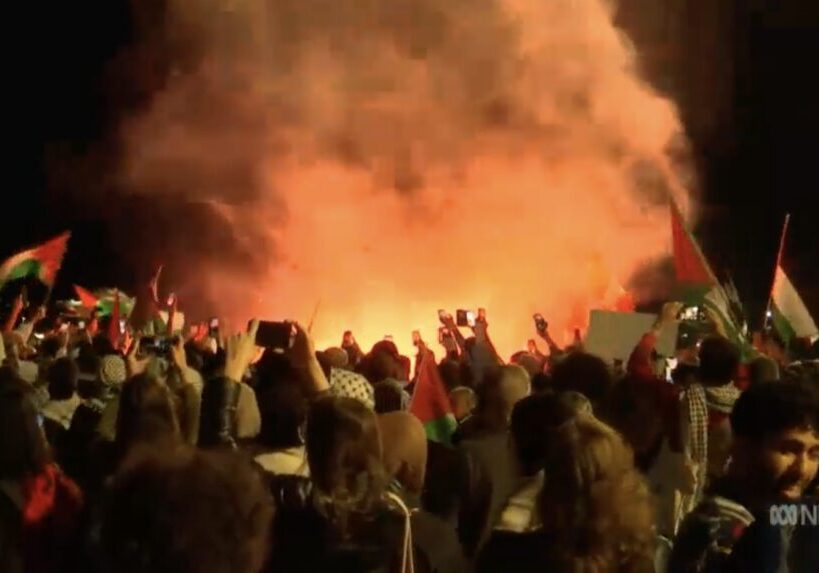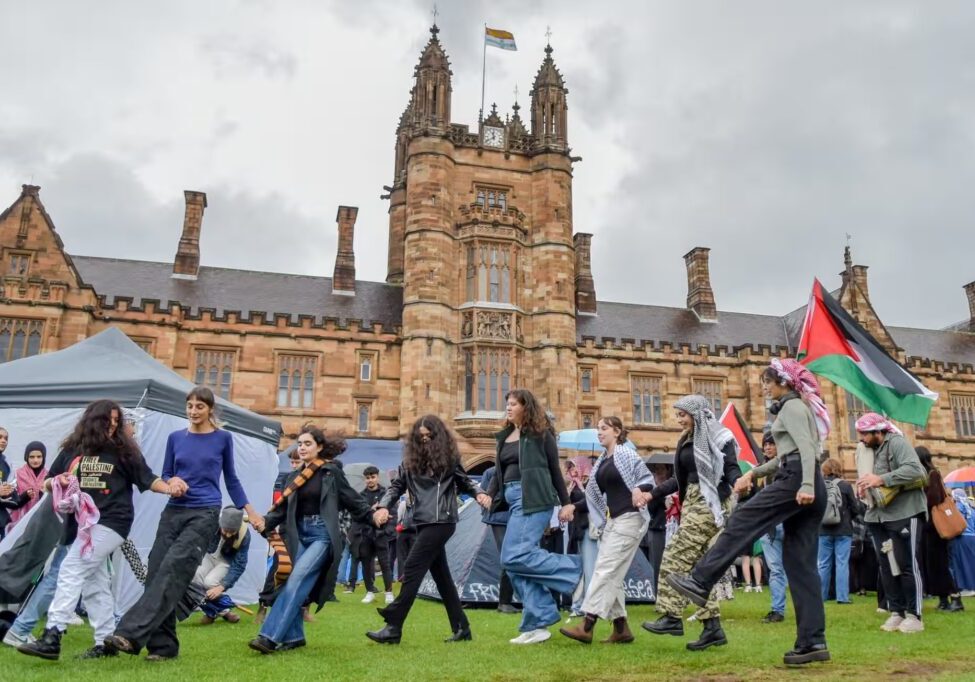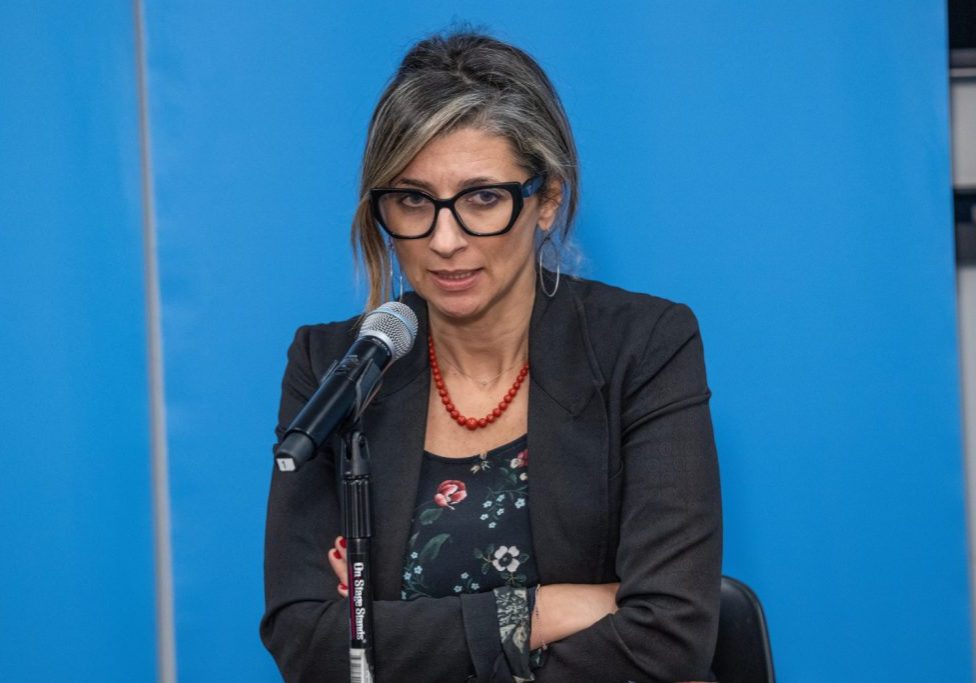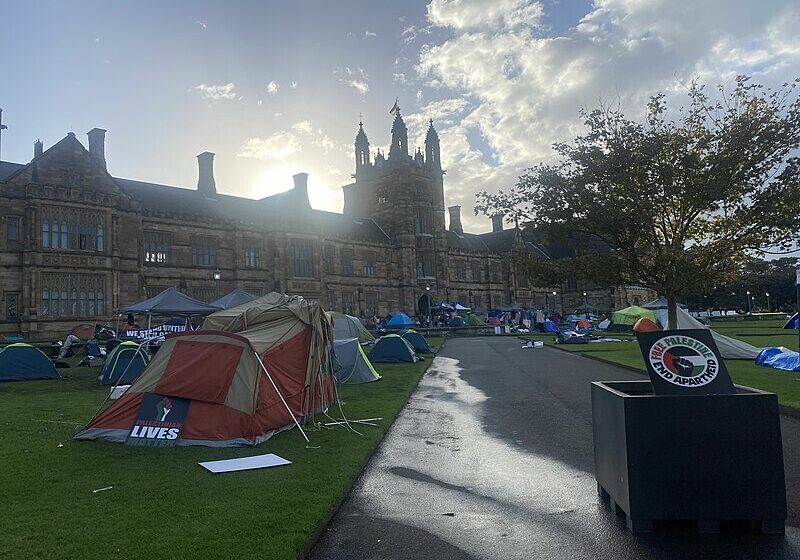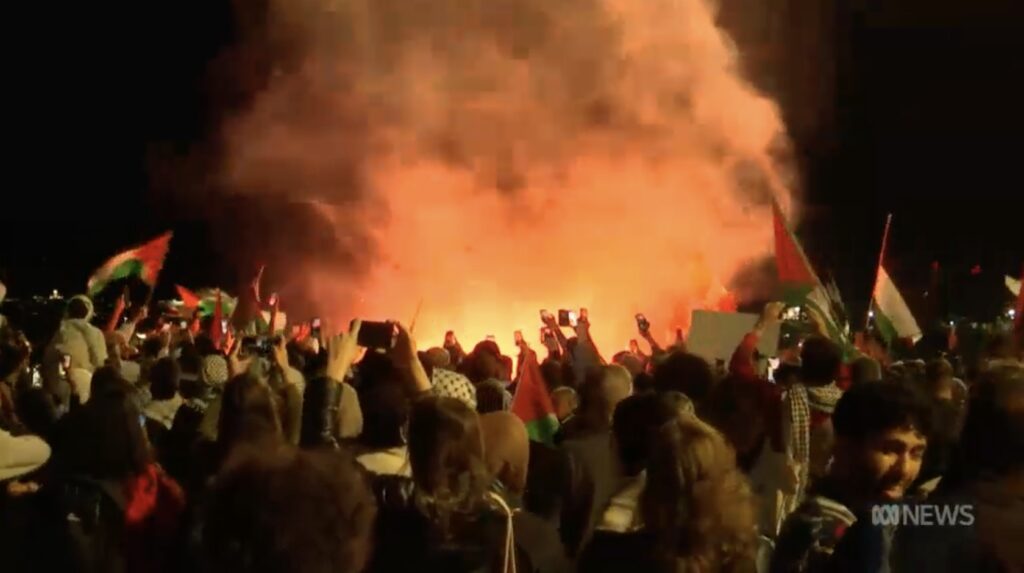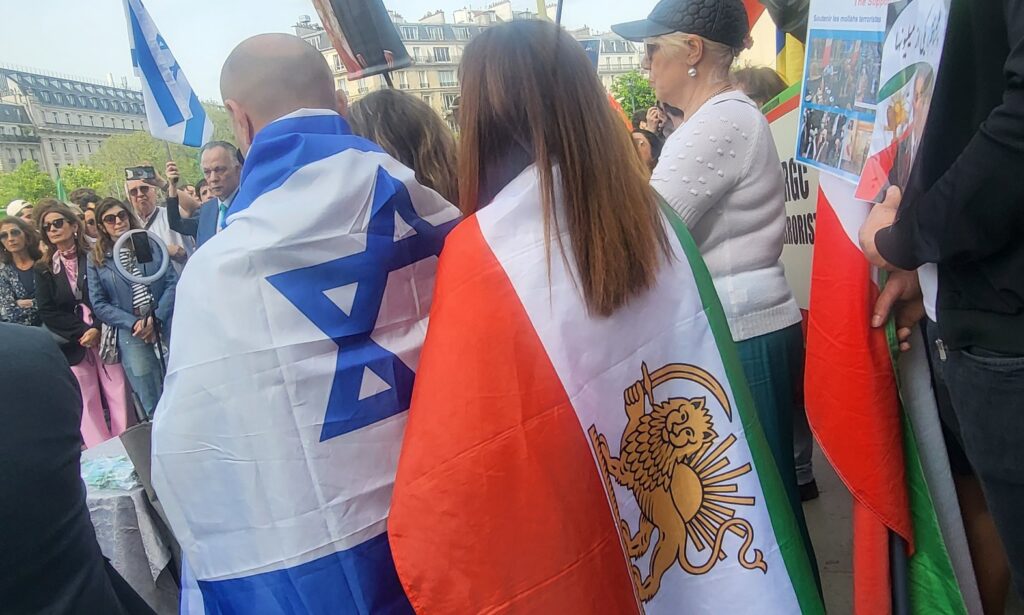IN THE MEDIA
Australian Jewry’s Israel question
Mar 9, 2007 | Colin Rubenstein
Dennis Altman
Colin Rubenstein
The Age – March 9, 2007
Israel and the Middle East need a debate without vitriol and hatred, writes Dennis Altman.
THE letter that I and several hundred other Australian Jews have signed is a carefully worded call for more open debate on the Israeli-Palestinian conflict. It is directed at both the Jewish community and Australia in general, and seeks a discussion that is more concerned with achieving peace and justice than with reinforcing communal solidarity.
It is extraordinary that a statement whose primary assertion could be endorsed by Condoleezza Rice or the British cabinet should create such a reaction.
That otherwise rational people can see “a just peace that recognises the legitimate national aspirations of both Israelis and Palestinians” as “paving the way for a second genocide”, a phrase used by one prominent critic, is sad testimony to the need for this debate.
The critics of the letter have largely ignored its central assertion, namely that a peaceful solution to the continuing warfare between Israelis and Palestinians requires recognition of the aspirations of both. Colin Rubenstein claims we have adopted the position that “alone among the world’s nations, Israel has no right to exist”. (Australian Jewish News, 01/03). But that position is explicitly repudiated in the letter.
But do Colin Rubenstein and the organisations for whom he speaks accept there is also a right for Palestinians to a state of their own, a position that has become the basis for almost all international proposals for a solution to the conflict? Signatories to the letter have different understandings of what this may involve. We would all agree that Israel’s survival is threatened by denying justice to Palestinians.
This is both a moral and a pragmatic judgement. Five million Jews in Israel cannot live in an indefinite state of war with several hundred million Arabs. Peace for Israel means finding a way to remove the deep sense of injustice among the Palestinians, and recognising that military force breeds more, not less, extremism and violence.
Within Israel there is a heated debate about long-term solutions, which includes considerable soul-searching about the very assumptions of basing national identity on exclusive religious and ethnic identity. Far more radical and provocative ideas than those in this letter are the staple of everyday debate, a debate that is largely unreported in Australia.
Of course many of the most virulent critics of Israel are anti-Semites, just as some of its supporters are fuelled by racist hatred of Arabs and Islam.
But the bulk of international criticism of Israel stems from the refusal of the Israeli Government to acknowledge that Palestinians have the same rights as Israelis for national recognition, and its use of massive force to retain the status quo.
Some critics have questioned our rights to speak “as Jews”, presumably because most of us are not involved in Establishment Jewish organisations.
But this is not a distinction made by anti-Semites, who would persecute all of us equally. Nor is it a distinction made by the state of Israel, which accords all of us the right to settle there. As long as we are defined by others as Jews we have both the right and the obligation to speak about the conflict and possible solutions.
At the heart of this debate are two views of what ethnic identity can mean. There is a Jewish tradition of universalism, which believes all humans deserve to be treated equally. This is the tradition drawn on in the letter, with its reference to “human rights for all”. Those of us whom history has made aware of persecution on the basis of race and religion have very strong reasons to uphold these principles.
Against this is the principle of tribalism, expressed in that classic retort: “But it is good for the Jews?” This is a view that sees the immediate needs of a particular community, whether ethnic, religious or national, as overriding concerns for more universal justice and equality. It is a dangerous position for minorities to adopt, because it can only encourage others to take the same attitude towards us.
Our critics deny that voices critical of Israel have been silenced. It is true that attempts to directly stop debate are rare, although pressure last year on Melbourne University Publishing not to publish Antony Loewenstein’s My Israel Question shows that such attempts are made. But the real silencing comes through the vitriol and accusations of self-hatred, self-aggrandisement and anti-Semitism that greets any criticism of Israel.
I have been surprised how many people have said to me they felt this letter is important.
Many Australians have looked to Jews to take the lead, fearful that any criticism of Israel may lead to accusations of anti-Semitism. If those who criticise us are so certain that Israel’s current policies are correct, they should welcome such a debate.
Dennis Altman is professor of politics at La Trobe University. This is not an official statement by Independent Australian Jewish Voices.
The “Independent Voices” do not represent the views of most Jews, writes Colin Rubenstein.
THE publicity surrounding the issuing of the “Independent Australian Jewish Voices” statement appears out of all proportion to the petition’s significance. After all, why wouldn’t a community of more than 100,000 include a small percentage who disagree with positions adopted by elected and other representative bodies advocating the viewpoint of the substantial majority?
Of course, the originators and signatories are free to do as they wish, but so are critics from the wider Jewish community free to highlight their flaws and distortions. For example, despite language apparently calling for a two-state solution to satisfy the aspirations of Israelis and Palestinians, the group’s prime movers are on record as being opposed to Israel’s existence, seeking to replace it with yet another Arab-majority political entity. This not only abuses the trust of those who signed the petition in good faith, but also gives the lie to the IAJV claim that it wants to be Israel’s “true friend”.
For instance, initiator Antony Loewenstein says Israel is a “fundamentally undemocratic and colonialist idea from a bygone era” and calls for Israel to be replaced by a “binational state”. Loewenstein is on record not only as accusing Israel of implementing “apartheid-like policies”, but damning all past Israeli leaders as displaying “a disdain and virulent racism towards the Palestinians” and stating that when Israeli leaders publicly declare they want a two-state solution, he doesn’t believe them. A number of other signatories, including Sol Salbe, Avigail Abarbanel and Ephraim Nimni, have similar views.
Additionally, the petition’s claim that voices critical of Israel are being “silenced” or subjected to “vilification and intimidation” is absurd. When the petition had garnered less than one-tenth of 1 per cent of the Jewish community it was featured on the front page of The Australian Jewish News, and widely reported in all the broadsheets and on TV and radio. Robust debate about the Middle East occurs all the time in the letters and opinion pages in the Jewish News and at community meetings.
Further, with anti-Semitic violence on the rise globally, it is hardly surprising that many in the community disapprove of untrue claims about “Zionist” control over debate that can be seized on by anti-Jewish conspiracy theorists.
Also, contrary to the implications of the IAJV statement, our community leadership reflects the view of the vast majority of the Australian Jewish community, shared by both the elected Israeli leadership and the majority of the Israeli public, that Israel’s long-term security must ultimately come from a lasting peace based on a democratic Palestinian state co-existing peacefully alongside Israel.
It amazes most of the community that some signatories insist on seeing Israeli policies as solely to blame for the present impasse at a time when the existential threat to Israel has never been more explicit. Among the many facts ignored by IAJV are: that Iran’s leadership, which is building nuclear weapons, says the Holocaust never happened and Israel must be destroyed; the Iranian-funded Palestinian leadership says it can never accept the existence of Israel for religious reasons nor renounce violence as a way to achieve its destruction; and the record of Israel’s commitment to a two-state solution, from Camp David and the Clinton plan in 2000 to unilateral disengagement from Gaza and plans for the same in most of the West Bank.
Additional concerns are raised by the IAJV’s comments condemning equally all “violence”. All violence is to be regretted, but to suggest that any and all Israeli acts of self-defence against rocket attacks, suicide terrorism, kidnappings and other violent war crimes emanating from the Palestinian side are just as condemnable as the original acts is morally blind.
Therefore, there is little sympathy for those who insist it is primarily Israeli policies — rather than Palestinian rejectionism, terrorism and lack of the rule of law, plus the flow of outside support to extremists — that are blocking peace.
Finally, there were some people who signed the statement who have little or no engagement with the Jewish community, but identify themselves as Jewish to deflect criticism when they malign the organised Jewish community and Israel. It is hardly surprising that other members of the Jewish community are annoyed when individuals who have made no effort to contribute to our communal life and institutions complain those institutions do not represent them.
We already have a vigorous debate about the Middle East both in Australia and in the Australian Jewish community. But the thin-skinned plea that one-sided critics of Israel be entitled to special immunity from scrutiny, because this is inanely alleged to constitute censorship, is an attempt to stifle constructive discussion. Joining a debate is not silencing it, and this claim is simply intolerance disguised as victimisation.
Let’s continue to have an empirically based debate on the crucial question of advancing genuine Middle East peace, instead of such fruitless theatrics.
Dr Colin Rubenstein is executive director of the Australia/Israel & Jewish Affairs Council.
Tags: Anti-Zionism

